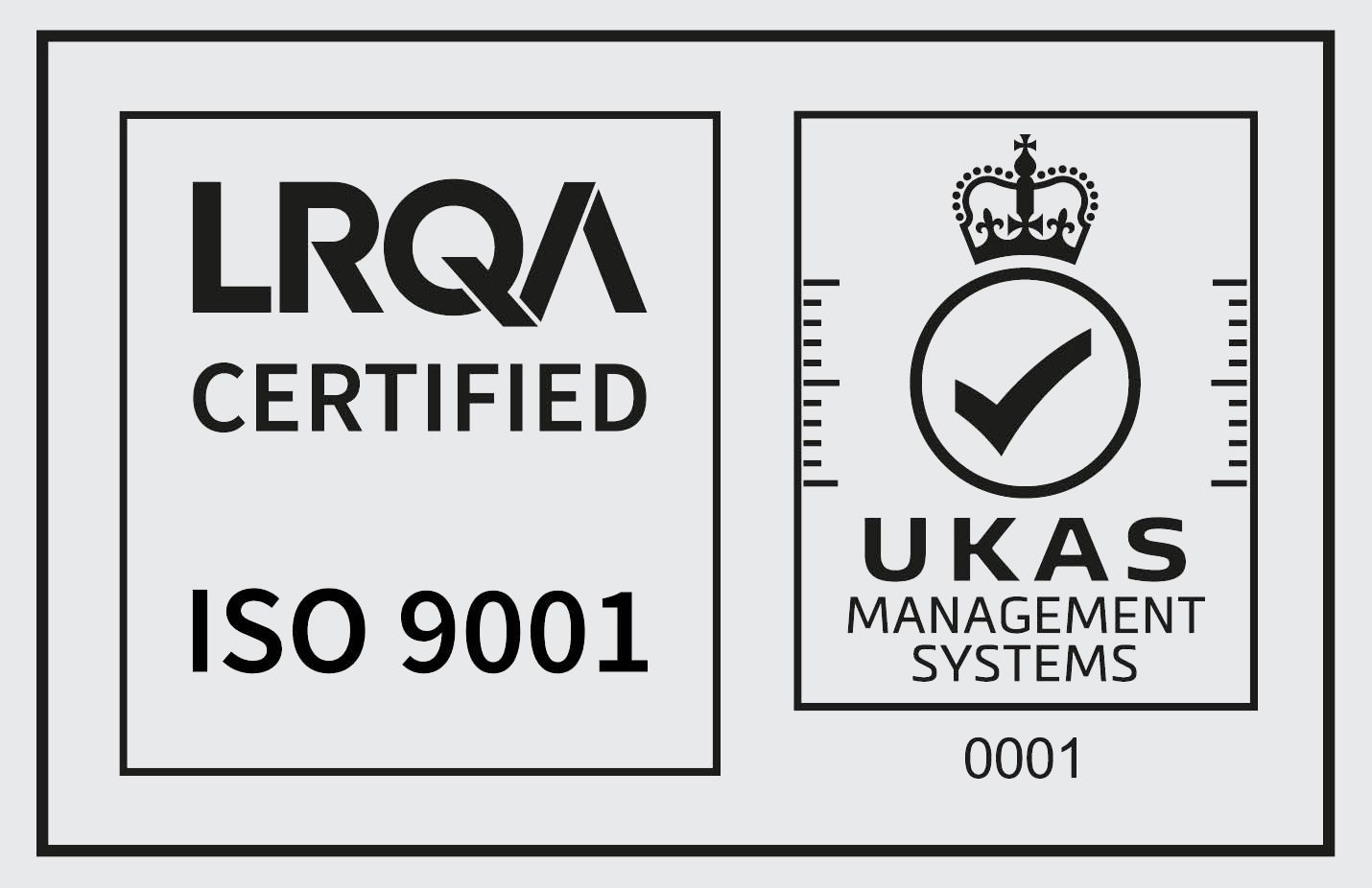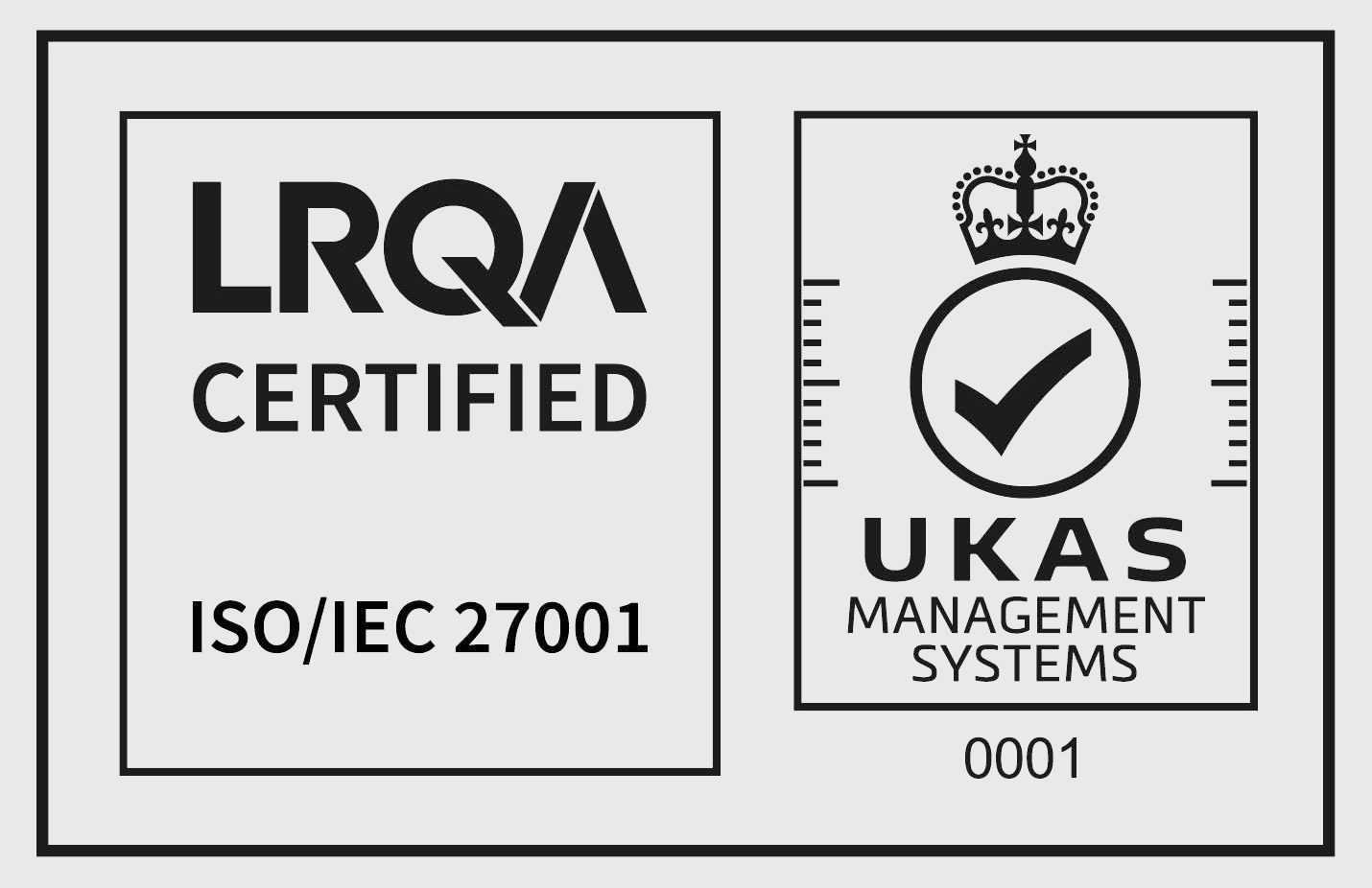Keeping you updated with the latest releases, updates, events and opportunities we're working on to improve competitive innovation for our customers.

Zoë Watts
Friday 6th January 2023Britain’s smart meter network grows by over a third in 2022
A new article from BusinessGreen highlights that the national smart meter network grew by more than 6.3 million meters in 2022, reflecting an increase of 37 per cent and taking the total number of installed devices to 24 million. The Data Communications Company (DCC) said "Insights provided by electricity-use data can help empower the grid to do more with less while also helping to support fuel poor households". As of 3 January 2023, the DCC now have 14 million second-generation meters connected, with 9.7 million first-generation meters also migrating onto the network. Read more here.

Zoë Watts
Wednesday 4th January 2023Windy weather pushes UK past zero-carbon electricity generation record
National Grid ESO confirmed that the wind generation record was broken for the third time in 2022. As reported on Twitter, two new records were recorded in the UK on Friday 30th December 2022. As a result, 87.2% of the electricity generated was from zero-carbon sources due to “windy weather and low electricity use”. These favorable conditions for wind energy generation – offshore and onshore – led to the record for the percentage of zero-carbon electricity generated on the day to be broken. Read more here.

Emily Davidson
Monday 10th October 2022UK EVs hit one-millionth registration milestone
According to Energy News Live, Britain saw its 1 millionth plug-in electric car registered last month (September 2022). Kim Royds, EV Director at British Gas, said: “The continued uptake of EVs is dependent on government and policymakers ensuring the rollout of the charging network is done properly. “This means focusing on accessibility, convenience for users, and ensuring the latest technology – including super-fast chargers – is put in place to build a network fit for future purpose.” Read more here.

Nicholas Schepis
Tuesday 2nd August 2022Encouraging Flexibility in the UK Energy Market – Edie
A new article from Edie highlights the rapid growth of UK’s energy flexibility markets and the involvement of the Energy Network Association (ENA). The ENA is consulting on new measures to further simplify and standardize the energy flexibility markets to encourage “continued growth and development”. Click here to read more.

Nicholas Schepis
Tuesday 26th July 2022UK Surpasses 32K EV Chargers
As of 1 July, the number of EV chargers in the UK has risen above 32,011. This is up 6%, or 1,721 chargepoints, from April, according to a recent Current+ article. Click here to read more.

Nicholas Schepis
Monday 25th July 2022Over 1M Smart Meter Installs in 2022
Over one million smart meters have been installed in GB in 2022 at a total of 1.18 million, according to ElectraLink. A recent article on Current+ highlights this achievement. Click here to read more.

Emily Davidson
Thursday 14th July 2022Government unleashes £1bn package to make schools greener
An article written by Energy Live News says 61 schools across the UK will receive £1 billion in Government investment to rebuild school buildings with net zero carbon operations. Education Secretary James Cleverly said: “Our School Rebuilding Programme is already making a difference to the lives of pupils and their teachers".

Emily Davidson
Friday 13th May 2022Reliability concerns drive need for energy market design reforms, but regions diverge in FERC proceeding
A Federal Energy Regulatory Commission (FERC) proceeding that occurred in February revealed two important things about the US's accelerating energy transition. The first concern being the rising penetrations of variable and distributed generation make reliability a growing concern for regional market operators governed by FERC. Secondly, there seems to be no simple solution to affordably meet the diverse needs of solar-rich California. To read more, click here.

Emily Davidson
Friday 6th May 2022What is V2G Charging?
Vehicle-to-grid charging technology allows owners to sell electricity, that their car has generated, back to the National Grid during times of high demand. V2G is based on using car batteries as energy storage devices. Energy providers will then pay customers a small fee per kWh of electricity returned to the grid. EDF partnered with Nissan in July 2021, so that owners of Nissan Leafs and Nissan e-Nv200s could have an 11kW ABB charging point installed and sell energy back to the National Grid during peak hours to generate revenue. To read the full article and learn more about V2G charging, click here.

Emily Davidson
Thursday 21st April 2022The Energy Crisis Is Pushing Solar Adoption—for Those Who Can Pay
An article by Wired, discusses how the sudden increase in UK energy prices has increase solar panel inquiries by 300%. However, the governments approach to encouraging solar panels has been lukewarm. Despite them reducing the VAT from 5% to 0%, solar panels and set up cost around £17,500. So, whilst people who can afford them are lessening the shock of the energy crisis, it's those people who can't afford it that are being hit the hardest. Read more here.

Nicholas Schepis
Wednesday 6th April 2022Article by World Energy Council on Hamanising Energy
A recent article written by World Energy Council's Dr Angela Wilkinson was featured in The Guardian recently - and highlights the mission to 'humanise energy'. Dr Wilkinson continues to explain how this involves three key points - addressing geopolitical uncertainty, change in relationship with energy, and improving energy literacy. Achieving the impact of humanising energy is imperative and will require involving more people and communities. Click here to read more.

Emily Davidson
Wednesday 6th April 2022Electric Power Systems witness a surge in interest for Hybrid Resources.
A report by Energy Systems Integration Group explains the surge in interest for hybrid resources, it discusses; what hybrid resources are, why the industry is seeing increasing hybridization across many technology types and how these resources interconnect to the grid. Followed by recommendations for policymakers, market designers and system planners. To read the full report, click here.

Emily Davidson
Thursday 31st March 2022Imperial academics share their visions for how the world might look in 2041
With energy prices increasing, workforce shortages and cyber threats creating international crises over how the world might look in 2041. The narratives are shaped by Imperial London experts to create stories about the future. Some of the academic insights as part of the project include; smart grids and energy management, making nuclear fusion a reality and AI-assisted molecular chemistry. To view the full video and article, click here.

Emily Davidson
Wednesday 30th March 2022Wind and solar reach milestone as demand surges
According to research from Ember, wind and solar generated 10% of global electricity for the first time in 2021. Clean energy sources on a whole, generated 38% of the worlds electricity, this is the first time wind and solar alone have generated 10%. The share has doubled since the Paris agreement was signed back in 2015. You can read the full article on BBC's website by clicking here.

Dom Benabda
Monday 28th March 2022Is it time to start producing your own home energy – asks BBC
The BBC has published an article discussing cost versus savings on solar, battery and heat pumps for home installation - with some interesting statistics from across the industry. For instance, Home Energy Scotland estimates that an average three bedroomed house in central Scotland would save £450 a year under current higher energy prices, and the cost would be paid back in 15 years. This time last year that saving would have been £340, meaning it would take 19 years to pay for itself. You can read the full article here at The BBC's website.

